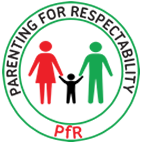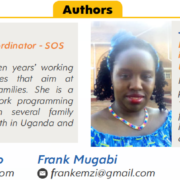Violence against children, which the programme set out to fight, is widespread in Uganda. The recently launched National Violence Against Children Survey (2018) showed that violence against children occurs in homes, The violence is perpetuated by people who interact with children, especially parents and guardians.
Fifty nine percent of girls and 68% of boys have experienced physical violence. Sexual violence is experienced by 35% of girls and 17% of boys. Emotional violence is
experienced by 34% of girls and 36% of boys. Perpetrators of physical violence are mostly parents and caregivers, while those of sexual violence were
mostly neighbours, friends and intimate partners. Violence against children has many negative lifelong consequences on them, families and Government.
The state minister Florence Nakiwala Kiyingi, said t is a major cause of physical and emotional complications such as low self esteem, physical disability and death. Nakiwala’s remarks were contained in a speech read by Shafik Butanda, the principal probation and welfare officer in the gender, labour and social development ministry.
This was during the passing out of over 200 participants who had undergone the PfR training in Ssisa sub-county. Nakiwala noted that research shows that boys who experience violence are likely to be violent in adulthood, while girls are likely to tolerate violence. Byekwaso added that such people continue with violence against their children. Many people parent by instinct or the way they are raised. Nakiwala noted that the Government spends a lot of money in rehabilitating and treating victims of violence in hospitals and prosecuting the perpetrators in
courts of law.




